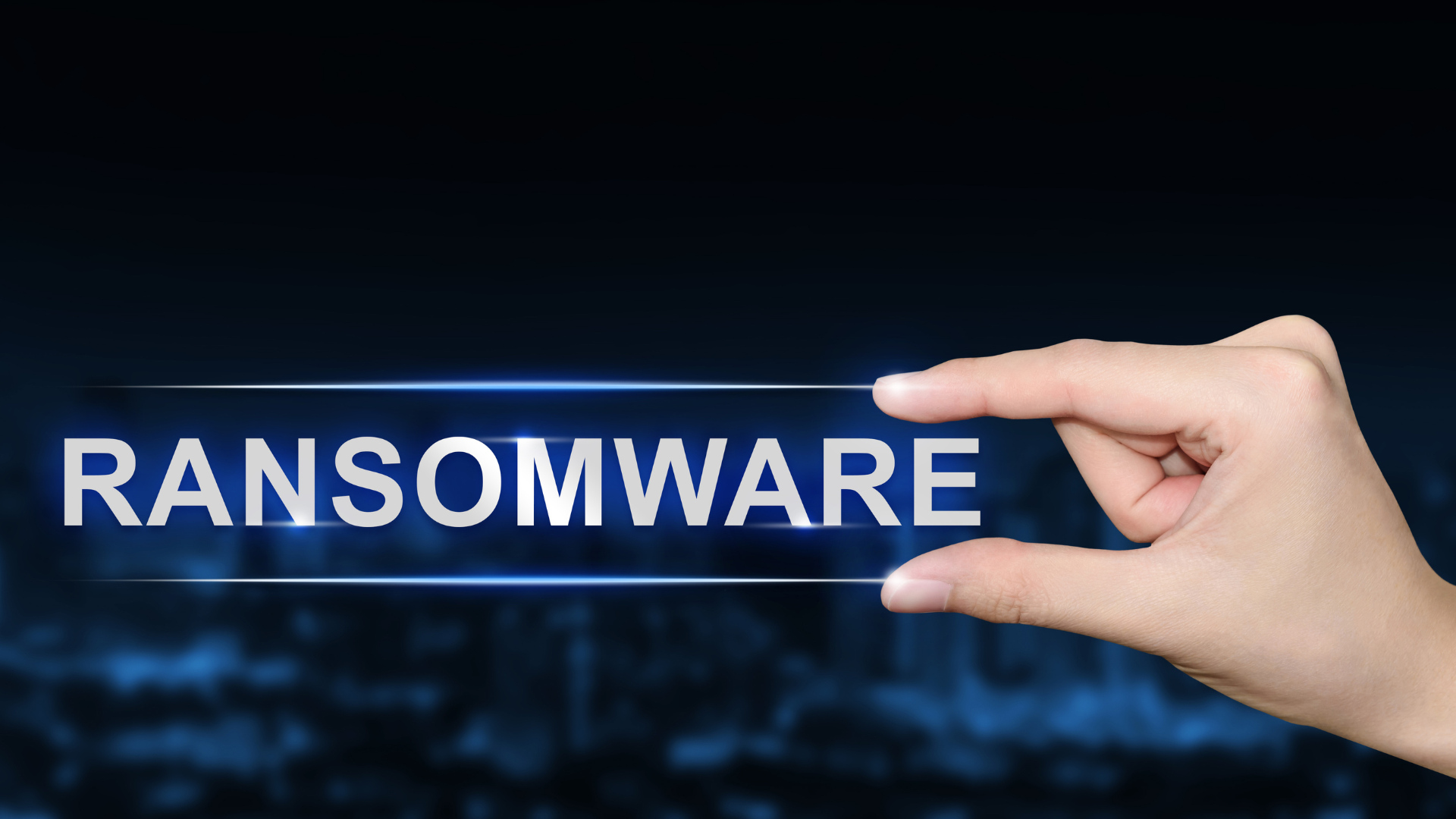The Benefits of Regular Cybersecurity Assessments for Small Businesses
The Benefits of Regular Cybersecurity Assessments for Small Businesses
Small businesses are increasingly becoming targets for cyberattacks, but many don’t realize they’re vulnerable until it’s too late. A cybersecurity assessment is a proactive approach to identifying risks and strengthening your defenses before a breach occurs. By regularly evaluating your systems, policies, and practices, you can protect your business and ensure long-term success.
At K9 Webops, we offer Free Cybersecurity Assessments designed to help small businesses identify vulnerabilities and improve their security posture. In this post, we’ll explore the benefits of regular cybersecurity assessments and how they can safeguard your business.
What is a Cybersecurity Assessment?
A cybersecurity assessment evaluates your business’s current security measures to identify vulnerabilities and risks. It involves analyzing your systems, software, policies, and procedures to determine where improvements are needed.
Key Components of a Cybersecurity Assessment:
• Risk Identification: Highlighting potential threats to your data and systems.
• Gap Analysis: Comparing your current practices to industry standards and best practices.
• Actionable Recommendations: Providing a roadmap to address identified risks.
Benefits of Regular Cybersecurity Assessments
1. Identify and Address Vulnerabilities
Cybersecurity assessments help uncover weak points in your defenses, such as outdated software, unsecured networks, or inadequate access controls. By addressing these vulnerabilities, you can prevent attackers from exploiting them.
Example: A small business may discover that its firewall settings are misconfigured, leaving the network exposed to external threats.
2. Stay Compliant with Regulations
Many industries require businesses to comply with data protection regulations like GDPR, HIPAA, or CCPA. A cybersecurity assessment ensures your business meets these requirements, avoiding potential fines and penalties.
Example: An assessment might reveal that your data storage practices don’t align with compliance standards, prompting necessary changes.
3. Protect Customer Trust
Customers trust you to keep their personal information secure. A breach can damage that trust and harm your reputation. Regular assessments demonstrate your commitment to protecting customer data.
Example: Ensuring encrypted communication channels for customer transactions can prevent sensitive data from being intercepted.
4. Reduce the Risk of Downtime
Cyberattacks, such as ransomware, can disrupt your operations and lead to costly downtime. By identifying and mitigating risks, you can maintain business continuity and avoid interruptions.
Example: An assessment might recommend implementing a robust backup and recovery plan to ensure you can quickly restore operations.
5. Save Money in the Long Run
While cybersecurity investments may seem costly upfront, they are far less expensive than recovering from a breach. Assessments help prioritize your security spending, focusing on the areas that need the most attention.
Example: Addressing vulnerabilities in your email system can prevent phishing attacks that lead to financial fraud or data breaches.
What to Expect During a Cybersecurity Assessment
1. System Review
The assessment will analyze your IT infrastructure, including servers, workstations, and cloud environments, to identify weaknesses.
2. Policy Evaluation
Your current cybersecurity policies and procedures will be reviewed to ensure they align with best practices and compliance requirements.
3. Threat Analysis
Potential threats, both internal and external, will be assessed to determine their likelihood and impact on your business.
4. Report and Recommendations
You’ll receive a detailed report outlining the findings and actionable steps to improve your security posture.
How Often Should You Conduct a Cybersecurity Assessment?
The frequency of assessments depends on your business size, industry, and risk level. However, most small businesses should aim to conduct a comprehensive cybersecurity assessment at least once a year. You should also schedule an assessment after major changes, such as:
• Implementing new technology or software.
• Expanding your business operations.
• Experiencing a cybersecurity incident.
How K9 Webops Can Help
At K9 Webops, we specialize in helping small businesses protect their operations with tailored cybersecurity solutions. Our Free Cybersecurity Assessments are designed to identify risks and provide actionable recommendations that fit your budget and needs.
Our Assessment Process Includes:
• Comprehensive analysis of your IT systems and policies.
• Identification of vulnerabilities and areas for improvement.
• Customized strategies to strengthen your cybersecurity defenses.
Take our Free Cybersecurity Survey to start your assessment today.
Conclusion
Cybersecurity assessments are an essential tool for protecting your small business from evolving threats. By identifying vulnerabilities, ensuring compliance, and safeguarding customer trust, you can build a secure foundation for growth and success.
Don’t wait for a breach to expose your weaknesses. Contact K9 Webops today to schedule your free cybersecurity assessment and take the first step toward a safer, more secure business.










